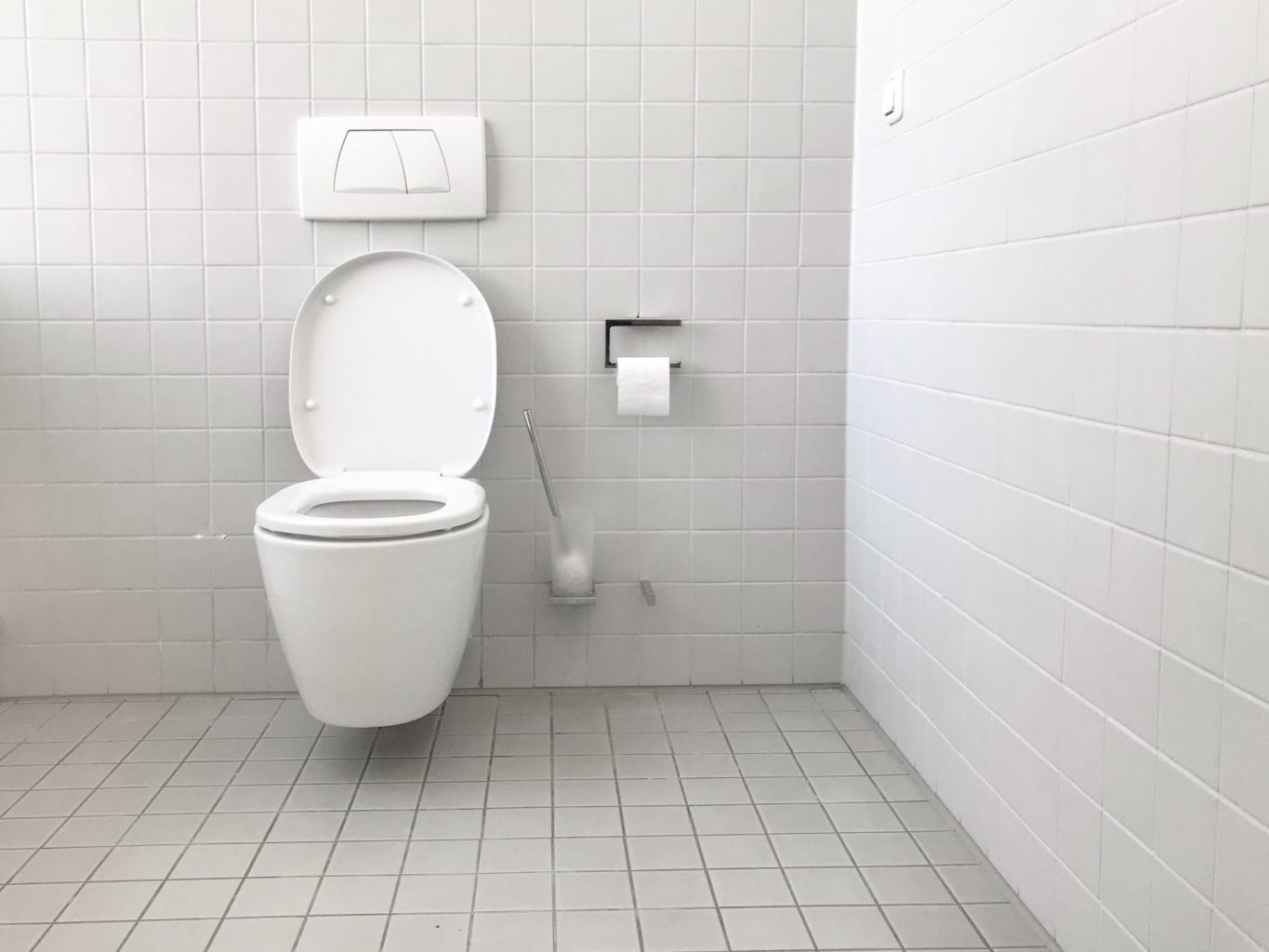Project of the month: iToilet
iToilet: increasing independence through everyday solutions
There is one very common appliance which we all use several times a day, yet the public often avoids paying attention to its accessibility and usage issues, namely the functionality of our toilets. This March, the project of the month is iToilet, a project from Call 2016, a consortium that has highlighted this very important part of everybody’s life.
While our home designs and appliances have changed drastically over the last decades, toilets have not really changed since their invention, according to the consortium of iToilet, thus showing the gap in technology development in providing accessible devices for people of all ages.
The area of personal hygiene and toilet use is very important in daily life, as it ensures our independence and lessens our vulnerability, both physical and emotional. iToilet thus addresses a very relevant topic that is often forgotten, when talking about ageing, vulnerability and physical limitations.
Therefore, iToilet focuses on the needs of older or physically disabled persons when using a toilet by developing a supportive computer-enhanced toilet adapting to the individual user needs of older users. The project also addresses the needs relevant to the care persons when providing assistance to primary users in the toilet room.
About the project:
iToilet developed a computer enhanced assistive toilet and evaluated the benefit in real life situations and with real users. The system provides new services which to our knowledge mostly are not available up to now in a modular commercially available system for the end user groups.
Moreover, iToilet is based on the existing height and tilt adjustable toilet modules, which serves as a base for adding several significant enhancements and services. The enhancements for the new generation toilet include control via voice, automatic recognition of and adaptation to user preferences when entering the toilet room, recognition of potentially dangerous situations (e.g. a fall) and other functionalities.
In result, the iToilet has the potential to increase body stability (individually adjustable height), support of sitting down and standing up process (dynamic adaptation of toilet), increased safety. Meanwhile for the secondary and tertiary user, the workload will be reduced and less physically demanding, as older adults become more independent in their daily life and do not need physical assistance as often.

Photo by Dominik Lange on Unsplash
End-user involvement: a key to success
End-users were involved right from the beginning of the project, as iToilet was developed together with and for elderly people and were able to guarantee a high level of user-friendliness. The system can be operated manually by voice commands as well as by buttons, therefore it was particularly important to test it on different end-users to streamline and differentiate the set of requirements needs for successful development of the product.
The final prototype was tested over a period of 4 months involving 55 primary and 15 secondary as well as 9 tertiary end-users on 2 field test sites.
With the development of this product, iToilet consortium contributed to increasing the safety of the bathroom, which is often characterized as one of the most accident-prone places in households. For older adults, it is particularly important to make sure that the likelihood of any kind of physical mobility difficulties that can cause accidents are avoided!
See the video with one of the trial participants, who describes her experience using the new iToilet:
Results of the project
The AAL Programme is happy to see that iToilet has been very successful, and its results were used in further development of toilet facilities for everybody regarding of their physical abilities. The next step was taken through a small collaborative project called Toilet4me to proceed and explore a completely new way of offering this type of supportive toilet in places outside the own home.
If successful, this type of product can offer the support in places which older persons frequently visit or would like to visit but are not able to due to lack of suitable toilet facilities. Therefore, Toilet4me project results will allow to work further to provide the opportunity for people to participate in society more, which will contribute to their quality of life and ability to keep their habits and hobbies for as long as possible.
Follow the consortium here :


